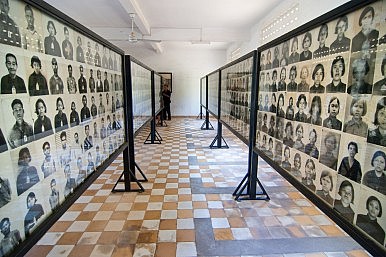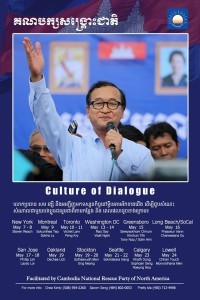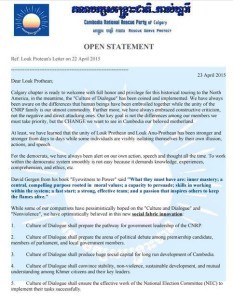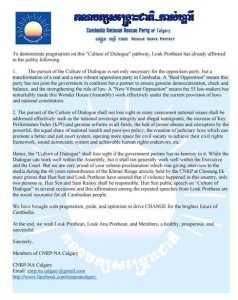At the end, the Author concluded that Cambodia as a state has seems relentless to undertake a policy that led to success. He made an analogy statement like a lost traveler and a direction pointer, eventually the direction pointer is also clueless on the actual place a lost traveler is seeking for assistance.
This part, the Author Mr. Sophan Seng, has analysed the different between three countries of three ideologies-resulted struggles. For USA who has embraced pragmatism, this country was formerly under UK authority, has jumped up from a status as a colonial country to most civilized democratic country. George Washington who is named “Founding Father” of the United States once was a military chief belonged to England.
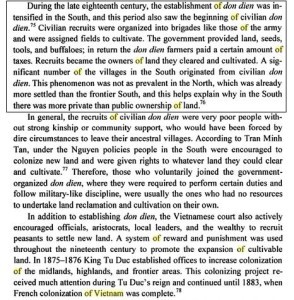
For Vietnam, their past history as a France colonial country has transformed their leadership into pure communism equipped by strict rules and deadly punishment on those corrupt officers. This country has practiced communism as the result bestowed by ideological statecraft. For Cambodia, we have experienced both colonialism and hybrid democratic post-colonial period and the post-cold war both Khmer Rouge and Vietnamese occupation, but as the result, Cambodia is a revolutionary state which is paralleled of third world country, a last sort.
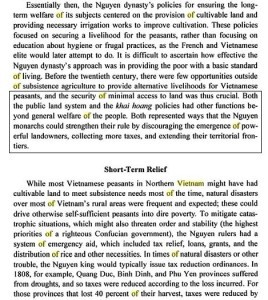
For Vietnam, their ancestors had developed the policy of Don Dien which means sending the military into the distance areas of dense forests, in order to clear the forests to paving way for community/villages creating, bringing the people in to settle there by state’s supports, helping them with capacity-building by creating community/village system, and the military withdraw from those areas in search for further expansion etc. Those civilian Don Dien people have successfully expanded their territories for generations to come. In the year of 1986 or so, the Vietnamese government crafted Doi Moi policy to solve the problems of political and economic stigma/sanctions while their military and political domination experienced heavy hand in Cambodia. Doi Moi means “Renovation” to responding to the state’s policy of “socialist-oriented market economy” intended to achieve various reforms.
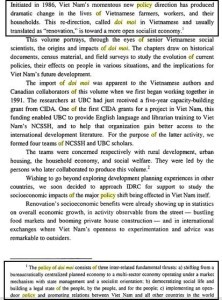
Hence, Cambodian people and experts have asked simple question on sending military into Cambodia in January 7, 1979 is the act of Don Dien, and to withdraw the military back in 1989 is the act of Doi Moi, or not? The prospect view to believing that Vietnamese Don Dien in this 21st century shaped different from that 18th century. While the Khmer Rouge whited out every thing in Cambodia, the coming of Vietnamese military and governmental officers including hundred thousand experts, are the biggest Don Dien expedition to rebuild this jungle land to come back to life. Thus, the military withdrawal in 1989 was voluntary by Vietnamese faction without having international inspection to the realistic and actual receding procedures. Many believed that Vietnamese military uniforms were sent back to Vietnam, while civilian Don Dien populations are continuing their tasks unobstructedly.
At the end, the Author concluded that Cambodia as a state has seems relentless to undertake a policy that led to success. He made an analogy statement like a lost traveler and a direction pointer, eventually the direction pointer is also clueless on the actual place a lost traveler is seeking for assistance.

